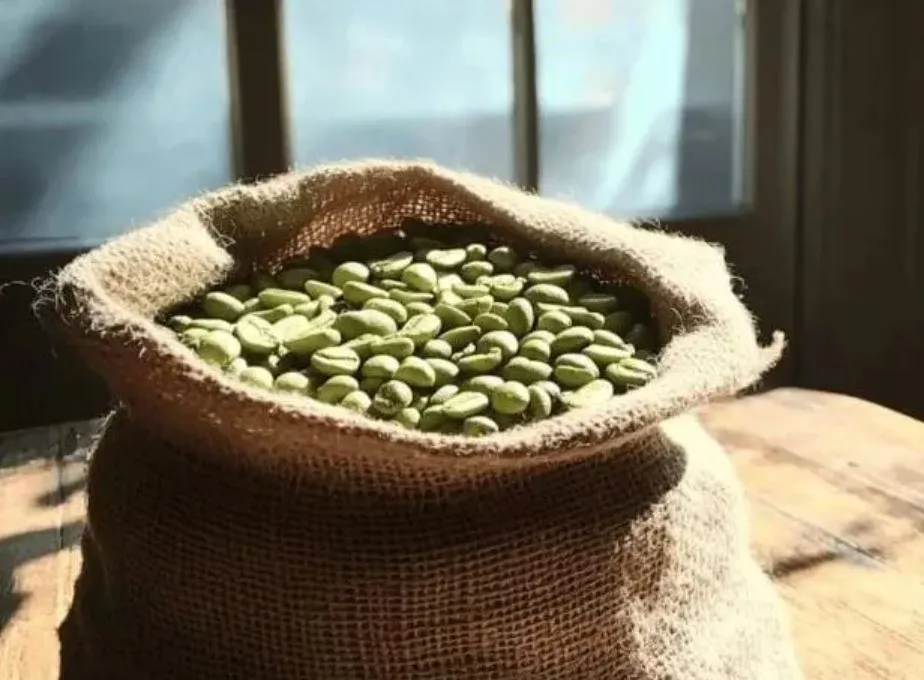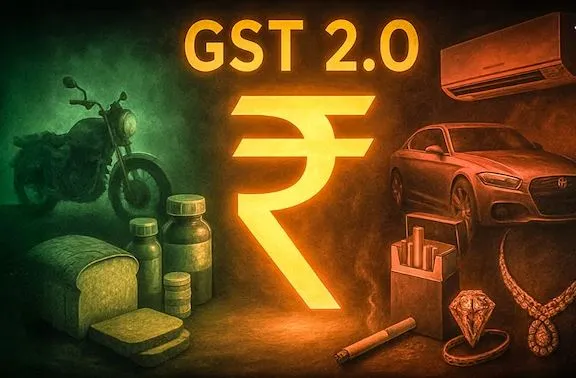

New Delhi, Sept 4: The GST Council, in its 56th meeting on Wednesday, approved next-generation reforms, introducing a two-slab structure of 5% and 18%, with a 40% demerit rate for super luxury, sin, and demerit goods.
Effective from September 22, 2025, a range of consumer goods, automobiles, electronics, and insurance products will see significant price reductions. A wide array of daily-use items—from groceries and fertilizers to footwear, textiles, and even renewable energy—will become more affordable for consumers. These changes aim to lower the cost of living and make essential products and services more accessible to a broader section of the population.
Items previously taxed at 12% and 28% will now largely shift to the lower tax slabs, resulting in a reduction in prices for a wide range of products.
Food and Daily Essentials:
Milk Products: Ultra-high temperature (UHT) milk and paneer will now be tax-free (down from 5%), while products like condensed milk, butter, ghee, cheese, and dairy spreads will see a reduction from 12% to 5%.
Staple Foods: Products such as malt, starches, pasta, cornflakes, biscuits, chocolates, and cocoa will benefit from a rate cut, with taxes dropping from 12–18% to 5%.
Dry Fruits and Nuts: Almonds, pistachios, hazelnuts, cashews, and dates, which were previously taxed at 12%, will now attract only 5%.
Sugar and Confectionery: Refined sugar, sugar syrups, and confectionery items like toffees and candies have been moved to the 5% tax slab.
Other Packaged Foods: Vegetable oils, animal fats, edible spreads, sausages, meat preparations, fish products, and malt extract-based packaged foods will now be taxed at 5%.
Namkeens, Bhujia, Mixture, Chabena, and Similar Edible Snacks: These ready-to-consume snack items (excluding roasted gram) that are pre-packaged and labelled will see a reduction in tax from 18% to 5%.
Waters: Natural or artificial mineral waters and aerated waters, provided they contain no added sugar, sweeteners, or flavours, will now be taxed at 5%, down from 18%.
Agriculture and Fertilisers: Fertilisers will now be taxed at 5%, down from 12-18%. Additionally, certain agricultural inputs, such as seeds and crop nutrients, have been moved from 12% to 5%.
Healthcare: Life-saving medications, health-related products, and specific medical devices will see tax reductions, with rates falling from 12-18% to either 5% or nil.
Consumer Goods: Entry-level and high-demand products, including select electrical appliances, will see GST reduced from 28% to 18%.
Footwear and Textiles: The GST rate on footwear and textiles has been cut from 12% to 5%, making mass-market products more affordable.
Certain goods and services will remain subject to higher taxation, despite the broad reductions:
Tobacco Products: Items such as pan masala, gutkha, cigarettes, chewing tobacco, zarda, unmanufactured tobacco, and bidis will continue to attract existing high GST rates, along with the compensation cess, until outstanding cess-linked loans are cleared. Additionally, the valuation of these products will now shift from transaction value to Retail Sale Price (RSP), increasing compliance requirements.
Sugar-Sweetened and Flavoured Goods: Any goods (including aerated waters) containing added sugar, sweeteners, or flavourings will see their GST rate rise from 28% to 40%.
Sin and Luxury Goods: A new 40% tax slab for sin and luxury goods ensures that premium products, including cigarettes, high-end liquor, and luxury cars, remain unaffected by the recent tax cuts. Imported armoured luxury sedans will also be exempt from any tax reductions, with exceptions made only in special cases such as those brought in by the President’s Secretariat.